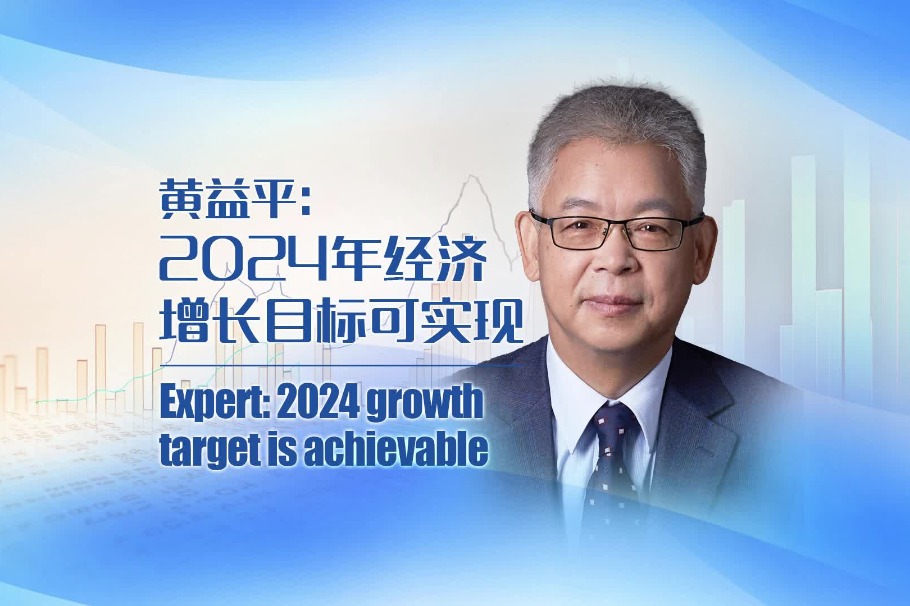To better meet macrocontrol needs
By BAI JINGMING | chinawatch.cn | Updated: 2020-01-03 10:29
China is currently stepping up efforts to push forward tax legislation. The draft consumption tax law issued by the Ministry of Finance and the State Administration of Tax on Dec 3 marks the commencement of the legislative process for reform of consumption tax in China, which has been categorized as a special tax. The draft includes 15 taxable items, mainly primary products such as oil and final consumer goods such as tobacco, alcohol, motor vehicles, golf balls and golf club sets.
Unlike countries in Europe and North America, China's consumption tax is collected at the stage of production for the majority of taxable consumer goods. Consumption tax is calculated based on quantity. Starting from 2017, consumption tax remains the second-largest source for goods and services tax revenue and represents 9 percent of the total tax revenue of China, which is higher than developed economies such as the United States, Japan, France and Germany, but lower than the Republic of Korea, Australia and Greece.
In recent years, China has been slashing taxes, with the growth rate of value-added tax and personal income taxes slowing down. However, consumption tax has grown at a relatively higher rate. During the first 10 months of 2019, the accumulative domestic consumption tax revenue saw an increase of 18.7 percent year-on-year, as opposed to 3.2 percent year-on-year for domestic VAT revenue over the same period, and 28.6 percent decrease for personal income tax revenue.
Following the 18th National Congress of the Communist Party of China, a new round of tax reform was launched that was broader and deeper. Consumption tax reform was listed as one of the top priorities at the Third Plenary Session of the 18th CPC Central Committee, aimed at enhancing the role of consumption tax in the macro economy. Specific measures include expanding taxable products, adjusting tax items, and moving tax collection to later stages.
However, the reform of consumption tax was taking mere baby steps compared with VAT and personal income tax reforms. The root cause lies in insufficient legislative support.
The draft consumption tax law provides an effective institutional guarantee for efforts to advance and deepen consumption tax reform.
The draft law guarantees a stronger role for consumption tax in the regulation of the macroeconomy. The draft consumption tax law specifies that "the State Council is allowed to adjust consumption tax rates in response to macrocontrol needs, subject to presenting the proposal to the Standing Committee of the National People's Congress for the record". Looking at international practices, consumption taxes have been adopted for their distinctive macrocontrol advantages. Countries in Europe and North America started to impose consumption tax in the 1980s to curb environment pollution. In China, consumption tax was adopted as a special tax when the Provisional Regulations on Consumption Tax of the People's Republic of China were issued in 1993 as part of the efforts to establish China's new taxation regime. The purpose of introducing consumption tax at that moment was to curb over-consumption of products such as tobacco and alcohol. Tax rates of the two products were raised, with that of tobacco raised multiple times. The reality proved it was an effective way to reduce the number of smokers in China. However, it also met with criticism from the public about the legitimacy of the government's right to raise consumption tax rates. The draft law has addressed this issue. It provides an institutional guarantee for the government to make prompt responses to domestic and external complexities and uncertainties.
Additionally, Article 14 of the draft law empowers the State Council, the country's cabinet, to exempt or cut consumption tax in response to economic and social development needs, subject to presenting the proposal to the Standing Committee of the National People's Congress for the record. This article lays a solid legal foundation for the government to take targeted measures in response to any challenges as it pushes forward social and economic development. With the rising importance of products subject to consumption tax, tax cuts on taxable products in the international trade determine the scale and structure of imported goods. Thus, it is highly important to make the right decision as the window of opportunity is usually very small in the face of the volatility of the domestic and global economic situation.
It is notable that the current consumption tax reform is coupled with other fiscal reform measures. For example, collection of the consumption tax will be in the later stages in tandem with the reform of the division of the income between the central and local governments. This is a highly complicated project. Since the distribution of consumption tax revenues among different provinces is disproportionate, revenues of different provinces will vary widely once consumption tax collection is transferred to local governments. Under the current consumption tax regime, producers of tobacco, oil and motor vehicles are the biggest beneficiary, such as Yunnan, Henan, Hunan and Jilin provinces. Suppose the consumption tax is collected at the stages of wholesale or retail, tax revenue will move from the provinces that produce tobacco, oil and motor vehicles to provinces or municipalities that have a stronger economy and are big consumers. Therefore, pilot reform procedures for tax collection must be carefully planned and carried out in a steady and orderly manner.
The draft law builds up the authority of consumption tax reform. Sufficient institutional support is required if a reform is to be pushed forward. Despite limited potential in revenue expansion, the consumption tax will have a strong impact on interests if any reform is to be carried out.
Clearly, a reform will lack authority without legislative and institutional support. The draft law empowers the government to design and push forward the tax reform, which is essentially building up the authority of the reform, paving its way with the legislative support, and consolidating its achievements with the legal basis. The draft law gives its institutional blessings to efforts to coordinate different government agencies, the central and local governments, and the relationship between the government and the public. It is in this sense that the authority of the reform is established.
The author is vice-president of the Chinese Academy of Fiscal Sciences.
The author contributed this article to China Watch exclusively. The views expressed do not necessarily reflect those of China Watch.
All rights reserved. Copying or sharing of any content for other than personal use is prohibited without prior written permission.
























